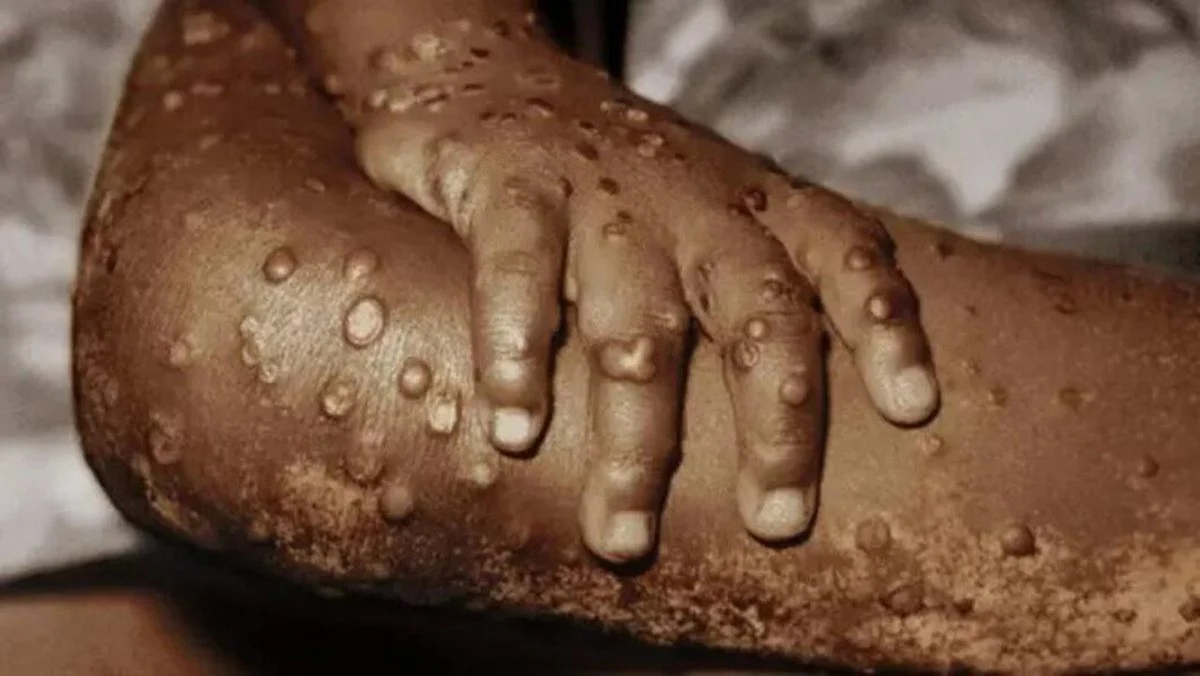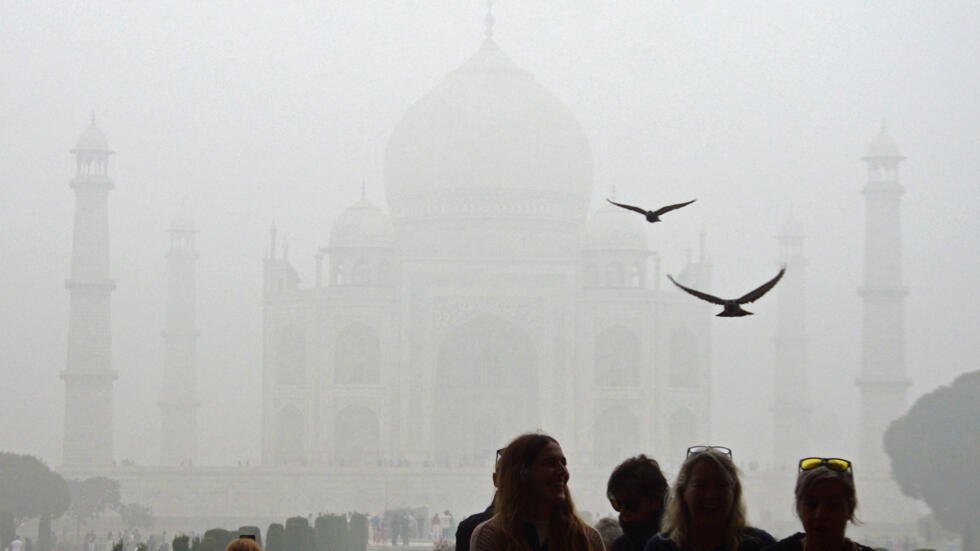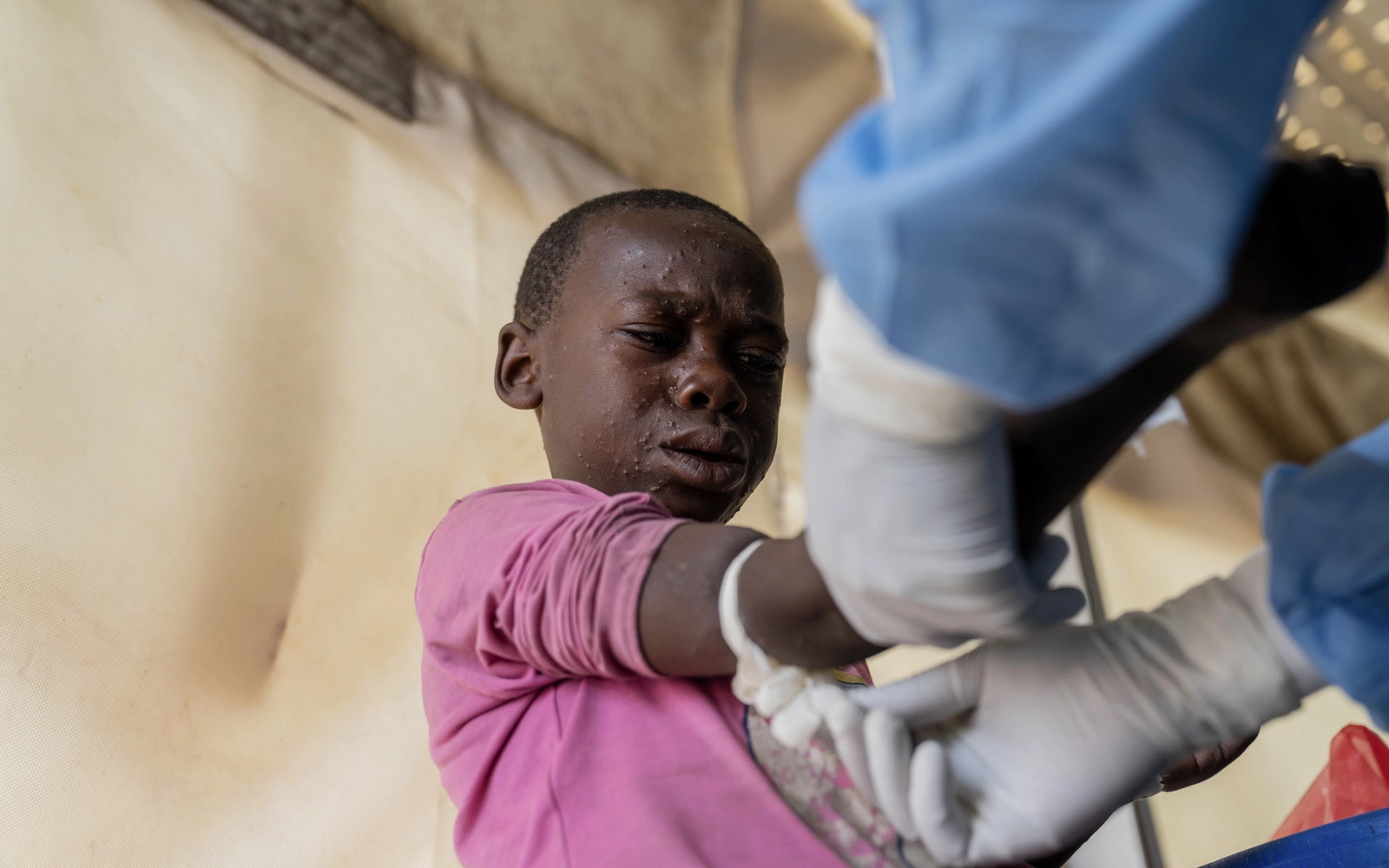Key Information on the New Mpox Strain and the Global Health Emergency
Global Health Emergency Declared by WHO for New Mpox Strain in Africa
Overview: The World Health Organization (WHO) has declared a global health emergency due to the rapid spread of a deadly new strain of mpox in parts of Africa.
Context: This is the second declaration of a global emergency for mpox, formerly known as monkeypox, within just over two years.
Recent Developments: On Friday, the European Centre for Disease Prevention and Control (ECDC) increased its risk assessment level for the new mpox strain, indicating a “high likelihood” of new cases emerging in Europe. Nevertheless, the ECDC emphasized that the likelihood of sustained transmission in Europe remains low.
Sweden’s public health agency reported the first confirmed case of the new mpox strain outside of Africa on Thursday. The patient, who contracted the virus in a region of Africa where the new strain is prevalent, is currently receiving treatment in Stockholm.
Historical Perspective: The WHO’s initial global emergency declaration for mpox was in July 2022, following its spread to over 70 countries. Between 2022 and 2023, the outbreak resulted in more than 99,000 cases and over 200 deaths, according to estimates from the Centers for Disease Control and Prevention (CDC). The emergency status was revoked in May 2023 due to a significant decrease in cases as awareness and vaccine availability increased.
Differences in Mpox Strains: The CDC identifies two main strains of mpox: clade I and clade II. The clade II strain, endemic to West Africa, was responsible for the 2022 outbreak and is generally less severe, with a survival rate of 99.9%. In contrast, the new clade I strain, endemic to Central Africa, is more virulent and deadly, with previous outbreaks resulting in up to 10% mortality.
Mpox is a zoonotic disease, spreading through close contact with an infected person or animal or contaminated materials. Both strains share symptoms, including flu-like symptoms and a rash that resembles pimples or blisters.
Current Situation: The previous mpox outbreak primarily affected men who have sex with men and their partners. The Democratic Republic of the Congo (DRC) has seen intermittent mpox cases for decades, typically in children from remote villages, likely transmitted by rodents. However, the current outbreak in the DRC is driven significantly by sexual transmission among adults, with particularly high infection rates among female sex workers and their clients.
Geographical Spread: The majority of current cases are in the DRC, where over 14,000 cases and 524 deaths have been reported this year, as per WHO Director-General Tedros Adhanom Ghebreyesus. Outbreaks have also been reported in 15 countries, including Burundi, Kenya, Rwanda, and Uganda, which had not previously reported mpox cases. Earlier this month, the U.S. Agency for International Development (USAID) pledged approximately $424 million in humanitarian and health aid to address the outbreak.
Implications for the U.S.: The CDC has issued alerts to doctors to be vigilant for the new strain, although the risk of it reaching the U.S. is currently considered very low. “There are no known cases in the United States at this time,” the Department of Health and Human Services stated in a press release on Wednesday, adding that the U.S. is well-prepared to detect and contain any potential future outbreaks. As of January 2023, about 1.2 million doses of the Jynneos vaccine have been administered in the U.S., according to the CDC.
Effectiveness of Existing Treatments: The WHO’s global health emergency declaration is expected to facilitate better access to mpox vaccines, which are still recommended for infection prevention. In June, DRC officials authorized the emergency use of two vaccines: Jynneos, developed by Bavarian Nordic, and LC16, from KM Biologics. The Jynneos vaccine is considered highly effective in preventing severe illness from mpox.
Expert Opinion: “Those who have already had clade II mpox or are fully vaccinated against mpox are expected to be protected against severe illness from clade I mpox,” according to the Department of Health and Human Services. However, health experts caution that vaccine supply might be insufficient to manage the current crisis, as reported by the New York Times.
Discover more from NewsPour
Subscribe to get the latest posts to your email.




Let your voice be heard! Share your thoughts and ignite discussions.